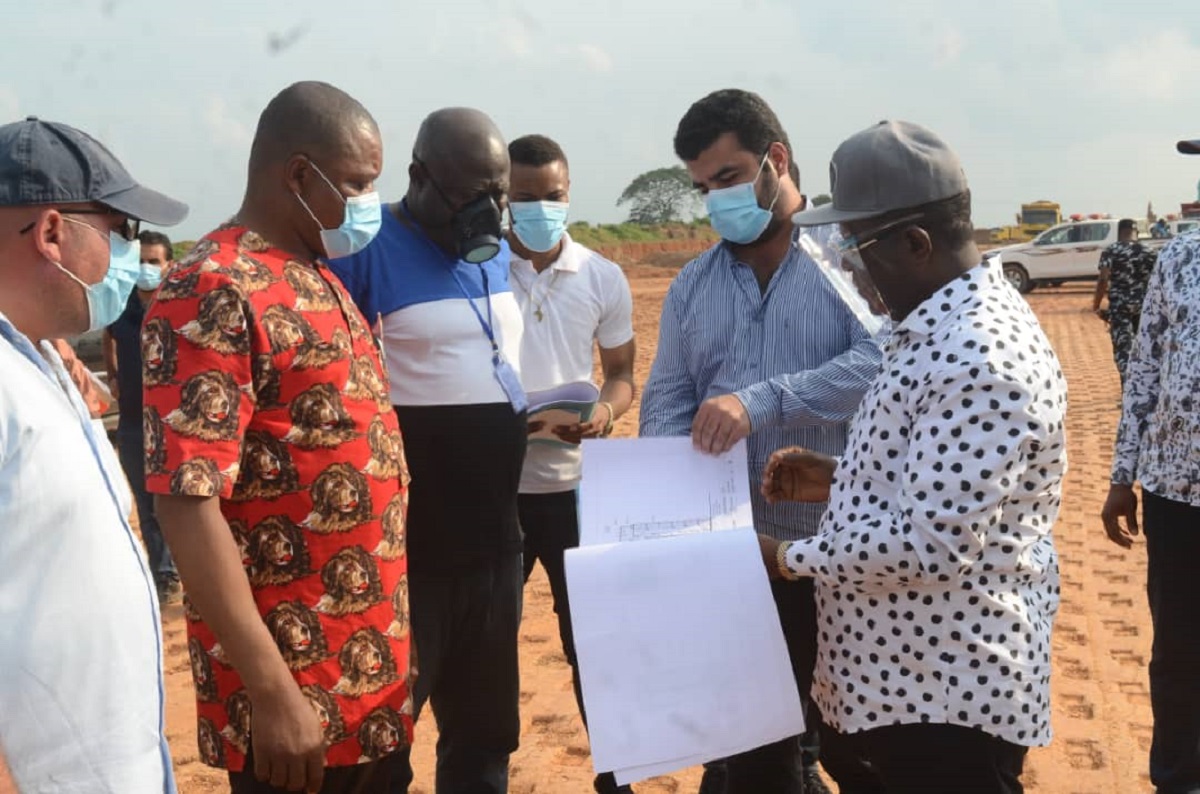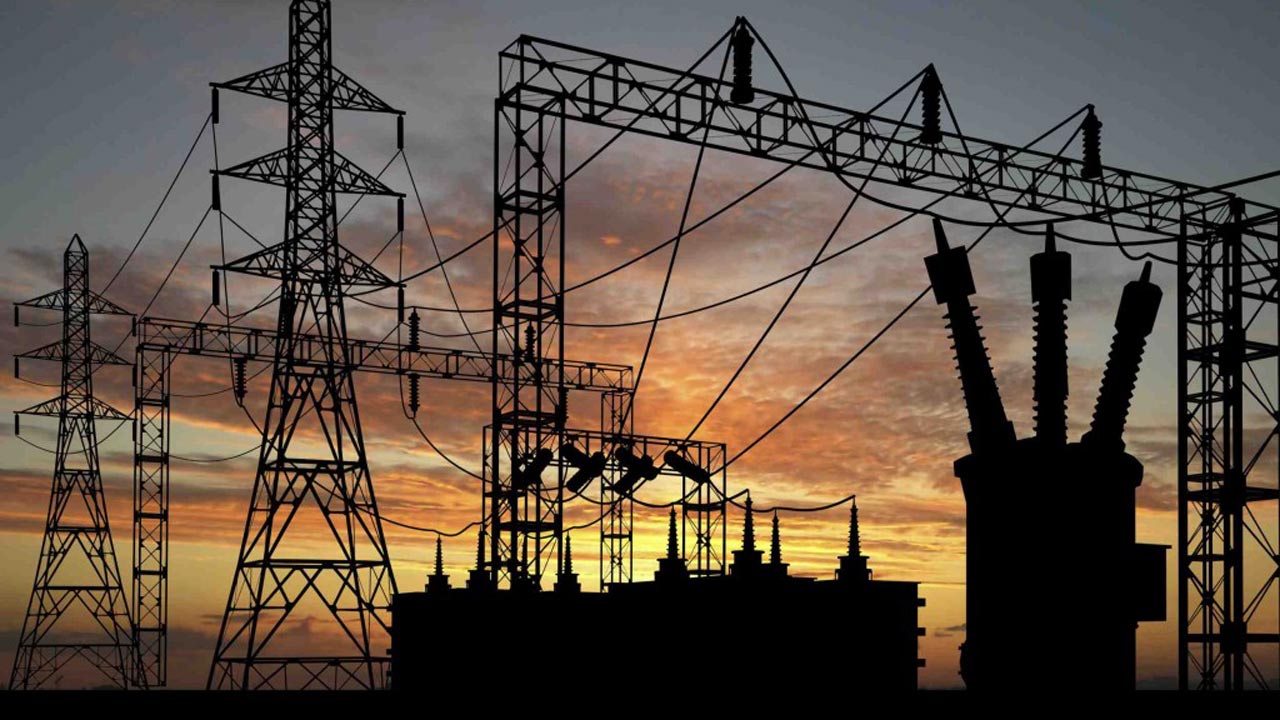Lagos-Calabar coastal highway to gulp N2.8trn – Umahi

Minister of Works, David Umahi, Denies Claims of N8bn/km Cost for Lagos-Calabar Coastal Highway Project
Thank you for reading this post, don’t forget to subscribe!
Minister of Works, David Umahi, has refuted earlier reports suggesting that the Lagos-Calabar coastal highway project would cost N8 billion per kilometer. Instead, he clarified during an interview on Arise Television that the actual cost is estimated at N4 billion per kilometer.
Umahi addressed concerns about the project, which spans from Lagos to Calabar and is projected to total around N2.8 trillion. He dismissed allegations of irregularities in the procurement process, stating that the contract was awarded based on a counter-funding model, not a Public-Private Partnership as suggested.
Former Vice President Atiku Abubakar had raised questions regarding the transparency of the project’s cost, prompting Umahi to attribute the increased costs to inflation and disruptions in the construction industry’s supply chain. However, Umahi assured that the Ministry is dedicated to ensuring responsible spending.
The completion timeline for the highway project is set at eight years, with plans for a four-lane carriageway featuring concrete pavement. Umahi clarified that although N1.06 trillion was allocated for the project, the entire amount has not yet been disbursed.
Umahi emphasized the distinctions in design between the current project and the one previously mentioned by Atiku, highlighting a broader scope and additional features in the coastal road design. He elaborated on the cost comparisons between the two designs, concluding that the actual cost per kilometer is N4 billion, significantly lower than previously speculated.
Regarding the construction process, Umahi clarified that the project was not conceived under a Public-Private Partnership but rather through an Engineering, Procurement, Construction, and Finance program, similar to the Abuja-Markurdi road project.





